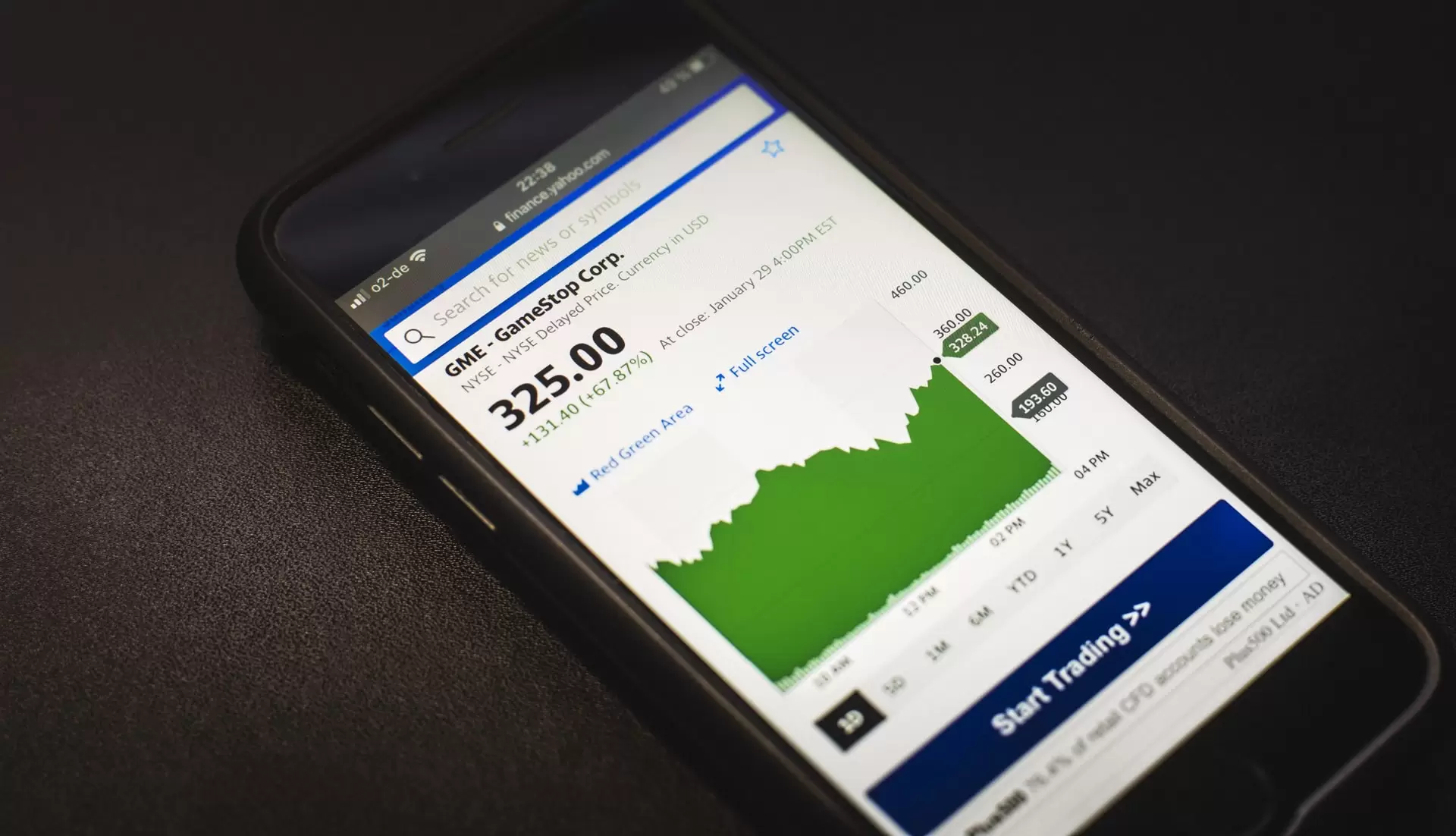
Have you recovered from the stock market drama involving GameStop yet? The whole fiasco sounded like the plot out of a cable or streaming drama; poor and working-class investors defeating rich, elitist Wall Street investors at their own game. “Retail investors,” meaning people like you and me, are taken just as seriously as traditional investors now. “Meme Investing,” now a real investment practice based on the GameStop fiasco. It’s hard to emphasize how much of a big deal this all was – over $19 billion was lost in this mess. At the heart of the GameStop drama is an investment practice called “short squeezing.” So, should you get in on it?
If you are a novice investor, jumping on an investment bandwagon can result in you losing all of your money. The Wall Street Journal recently profiled a 25-year-old security guard who took out a $20,000 personal loan to invest in GameStop because of the hype he saw on the news. Later, as the stock fell, he lost 80% of his investment – financed with a personal loan.
In these uncertain economic times, it’s a good idea to consider investing. But only if your personal finances and budget allow for it. However, investing should be a long-term strategy based on research, strategic thinking, and thoughtful analysis of current market conditions relative to your investment strategies.
You should never invest in the hype other investors are feeling or because you think you will “miss out” on something.
And that is the main point of the GameStop fiasco – while everyday people proved that retail investors have buying power, retail and traditional investors alike lost big time in the end.
To better understand why GameStop stock made world headlines last month, and why you should be careful when investing, we must first explain the short squeeze.
Short Squeeze 101
A “short” is done under the table – you must know someone who owns stock that everyone believes is overvalued and will keep dropping in value. You don’t own the stock, you just borrow it to sell to someone else as the stock drops, buy it back, and keep the difference.
For example, let pretend you borrow one share of CheapoBad stock for $100. You sell the borrowed stock to someone else. Then, if the stock drops to $45, you buy back the stock, which really belongs to the person you borrowed it from, and net $55.
If you use the short technique with hundreds or thousands of shares, then you can clean up financially pretty quickly. It’s an in-the-know investment practice that expert investors friendly with each other utilize often.
Following so far?
OK, a short squeeze occurs when the short strategy backfires spectacularly. Let’s imagine CheapoBad stock increases to $200. Now you have to pay more money to buy back the stock you borrowed. So, you are going to lose a lot of money buying it back.
Now, imagine there are hundreds or thousands of people like you in the same mess. If all of you sell simultaneously to cut your losses, then you all get financially squeezed at once. And the more you all sell, the more you financially squeezed and the more the previously undesirable stock becomes more valuable.
This is what happened in the GameStop stock increase drama.
The GameStop Reddit campaign
GameStop is a retailer of video games, gaming consoles, and electronics. In late 2020, a share of GameStop was worth less than $19.
Social media users on Reddit began talking about how billion-dollar hedge fund investors were shorting GameStop stock to make quick cash. So, these online retail investors began encouraging each other to buy up as much GameStop stock as possible since it was cheap at the time.
By late January 2021, a share of GameStop stock was worth almost $500. Reddit users were encouraging each other to buy the stock to sabotage hedge funds with memes.
And it worked. GameStop stock increased by over 1,000% in a matter of weeks.
Every short seller got squeezed. Over $19 billion was lost. And anyone who sold at the right time made a lot of money.
Invest Responsibly
The GameStop drama may sound like a social media Robin Hood story, but it involved a lot of money.
GameStop stock shares volatility went from $18 to $500, and now worth $50 per share in a few weeks.
And ordinary people, the so-called retail investors, lost money too, not just billionaire hedge fund fat cats.
Short selling is done by experienced investors via a network of like-minded financial experts. If you don’t know what you are doing, you can lose everything, the same with trading options or covered calls or the like.
Take the time to invest based on research, knowledge of market conditions, and strategy. Look for stocks and companies with unrecognized value. Invest with the guidance of a financial advisor.
I have a lot to learn about investing, but I highly advise that you do not invest in a stock based on a meme you saw unless you know what you are doing.
Read More
What Are The Best Classic Cars for Investment?
How to Invest in Music Royalties
Tips for Choosing the Best Investment Coach
How to Invest in Unpaid Tax Liens
What Are the Levels of Wealth?
How to Apply the Contrarian Investing Strategy
Trade Iron Condors (Yes, Iron Condors) For Weekly Income
Allen Francis was an academic advisor, librarian, and college adjunct for many years with no money, no financial literacy, and no responsibility when he had money. To him, the phrase “personal finance,” contains the power that anyone has to grow their own wealth. Allen is an advocate of best personal financial practices including focusing on your needs instead of your wants, asking for help when you need it, saving and investing in your own small business.







